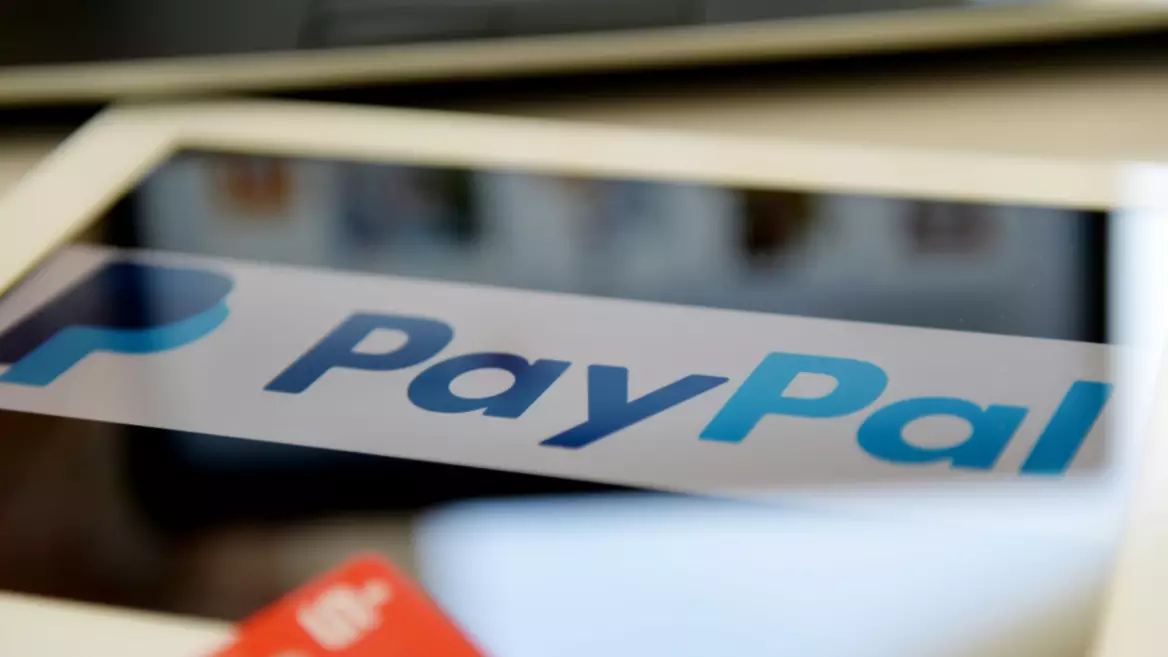
Money Saving Expert Martin Lewis has warned that payment service PayPal may not be as safe as users realise, advising that the app might not offer the same levels of protection as other services.
The popular payment app is used by many people to transfer money online, and for purchases on websites such as eBay.
During the Martin Lewis Money Show, a viewer called Joyce asked for advice on protection when it came to Apple Pay.
Advert
Joyce said: "I've recently started using Apple Pay for purchases above the contactless limit, but I'm worried that I might not have Section 75 protection," the viewer said.
Lewis explained that Apple Pay will offer users protection, using the example to compare it to PayPal, which may not.

He said: "Apple Pay is just another way of using your card, it's effectively like using the card.
Advert
"You still get the Section 75 protection which makes the credit card company jointly liable if you buy something that costs over £100, but less than £30,000."
Lewis continued: "Sometimes you don't get that protection using the credit card through PayPal, but you do in most cases on Apple Pay."
The PayPal website states that its 'Buyer Protection' programme entitles users to 'reimbursement for the full purchase price of the item plus the original shipping costs you paid, if any, when you don't receive your item from a seller, or when you receive an item, but the item isn't what you ordered'.
In a statement to LADbible, PayPal said: "PayPal provides its own comprehensive Buyer Protection programme which, unlike s75 protection, does not have a minimum or maximum purchase value.
Advert
"Buyer Protection covers unauthorised payments, as well as purchases that don't arrive, or don't match the seller's description."

However you pay for purchases, in the UK there are two schemes that can help you get a refund back, whether through your bank, building society or credit card issuer.
Firstly, there's Section 75 of the Consumer Credit Act 1974, which Lewis explained is a legal protection for credit card users on purchases of more than £100, and less than £10,000.
Advert
It basically means your card provider is jointly responsible for a sale if it goes belly-up.
The second money-back scheme is something called 'chargeback', which covers all payments through banks and building societies.
As the MoneySavingExpert website explains, it works in a similar way to Section 75, but isn't actually a legal protection.
Instead it simply allows you to reverse a transaction if 'you bought faulty goods, a service wasn't provided, or the company you bought something from went bust and your goods weren't delivered'.
Featured Image Credit: PATopics: UK News, Money Saving Expert, News, Martin Lewis, Money